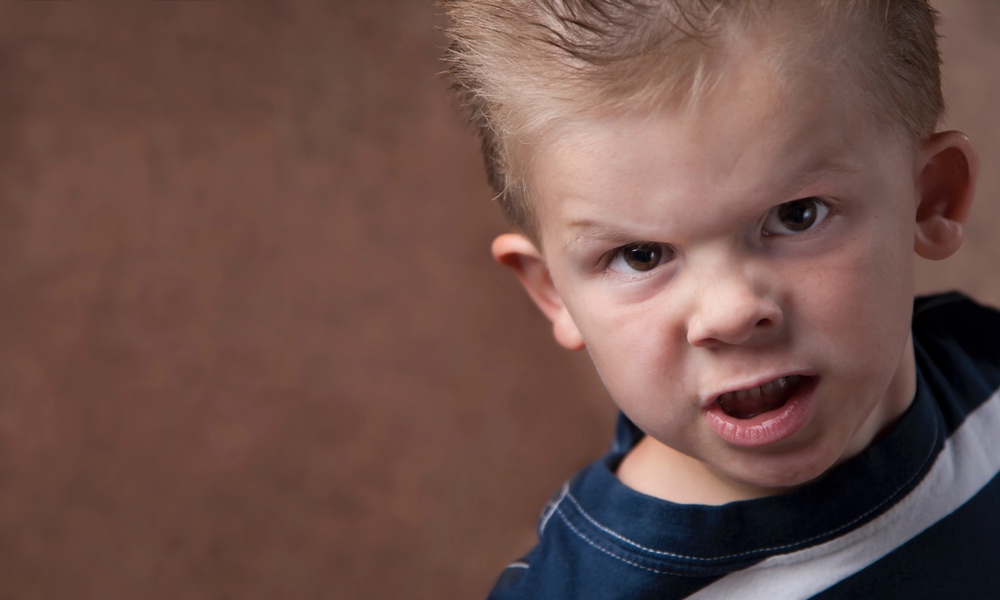The ability to regulate our emotions enables us to successfully meet the challenges of everyday life. Toddlers, being toddlers, find regulating their emotions particularly challenging, and their frequent emotional outbursts are characteristic of what is often known as the Terrible Twos.
German researchers wanted to get a better picture of how toddlers can learn to use emotional regulation strategies and whether young children differ in how they regulate emotions. They looked at the connection between toddlers’ temperaments, their use of distraction as a emotional regulation strategy and their ability to learn by observing adults’ behavior. Their findings suggest that toddlers can learn to use strategies to calm themselves in different situations by observing adults, even strangers.
“Toddlers increased their use of distraction as a way to calm themselves in stressful situations after they had watched others calm themselves the same way,” Johanna Schoppmann, lead and corresponding author on the study, told TheDoctor. The findings point to the need for more research about the role adults outside the parent-child relationship play in how toddlers learn to manage their emotions.The more young children were able to distract themselves through play, the less frustrated they became.
Ninety-four two-year-olds took part in the study. They were randomly assigned to two of three experimental groups. At first the toddlers simply played with their mom or dad. Then they were assigned to an experimental situation in which they waited for either a gift or a snack. These waiting situations were designed to elicit frustration.
In the other experimental condition, 37 toddlers watched a researcher play calmly while she waited for the toy. For the control group, 22 children played a game unrelated to emotional regulation and did not observe the researcher distract herself. Toddlers’ activity in each situation was measured using a temperament questionnaire filled out by the parents, an activity monitor worn on their ankles and behavior observed by the researchers.
Children who saw the researcher distract herself through either calm or active play were then able to distract themselves to avoid frustration. The more they were able to distract themselves through play, the less frustrated they became. They benefitted equally from both calm and active play, regardless of temperament or individual preference for either type of play.Toddlers can learn to use strategies to calm themselves in different situations by observing adults, even strangers.
“Parents could also provide their children with opportunities for distraction that are appropriate for their temperament,” said Schoppmann, a doctoral candidate at Ruhr University in Bochum. Some toddlers prefer toys they can use actively, such as a toy lawn mower they push, to distract themselves; others seem to prefer calmer activities, such as playing with building blocks.
Praise helps, too. Parents want to be sure to praise their children when they manage to distract themselves and control their frustration to reinforce the behavior.
Research on other ways to teach kids how to distract themselves to reduce frustration is ongoing. A study testing whether a picture book can help young children learn to use distraction is in the process of being revised, Schoppmann said.
Siblings may be helpful coaches, too. Another study, currently on hold due to the pandemic, will examine whether younger children can learn emotional regulation strategies such as distraction from their older siblings.





